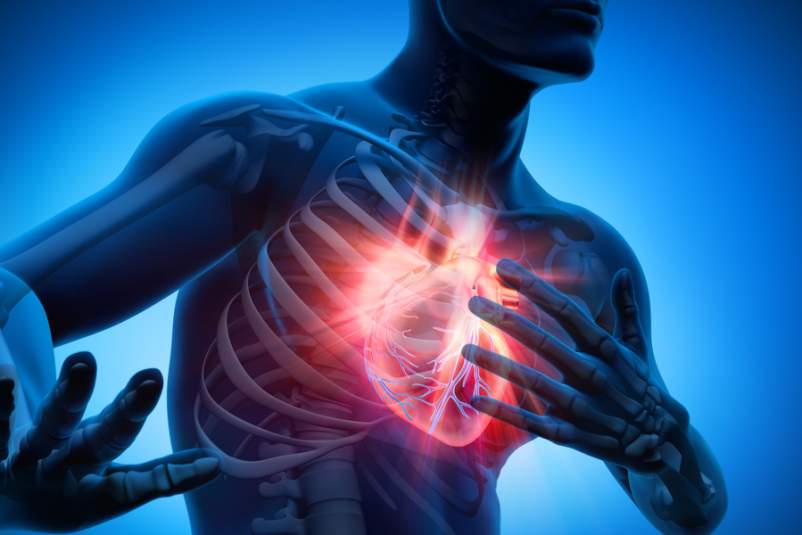Heart attacks are basically the result of shortage of the flow of blood to the heart, caused by blood clots or accumulation of fatty deposits.
Heart attacks often lead to death most times but a considerable amount of people survive it.
Immediate intervention during a suspected heart attack will increase the chances of survival.
When having a heart attack/ you are with someone having a heart attack, you should take note of the following:
1. Heart attacks most often give warning sign
Before the main attack, it is said that mild discomforts and pain is felt slowly; this serves as a warning. Several signs are associated with it. Some of the signs include;
- A discomfort in the center of the chest which might feel like a fullness/squeezing, heaviness or pain and often lasts for a few minutes or more.
- A shortness of breath may occur.
- Pain or discomfort in the upper parts of body e.g. stomach, neck, back, arms, jaw.
- Unusual sensations like lightheadedness, cold sweat, nausea or vomiting.
2. Call an Emergency line
Immediately a heart attack occurs, call or tell someone to call an emergency line (911) or your hospital emergency line. It is better to go with an ambulance rather than a someone driving you so that care can also be administered on the way. If it occurs in a public place, immediately request or signal for a defibrillator. (A defibrillator is a device used to revive people who are experiencing heart attacks. It comes with easy instructions so administration will not be so difficult.)
3. Take some aspirin
While still conscious, a normal dosage of aspirin should be taken by the patient. Aspirin works by dissolving the blood clot formed. It slows the blood’s ability to clot. This is taken as a first-aid care before proper treatment is given in the hospital.
4. Lastly, we need to note that there is NO fast way to stop a heart attack.
READ ALSO: Shocking Realities of Harmful effects Medications have on your Health

